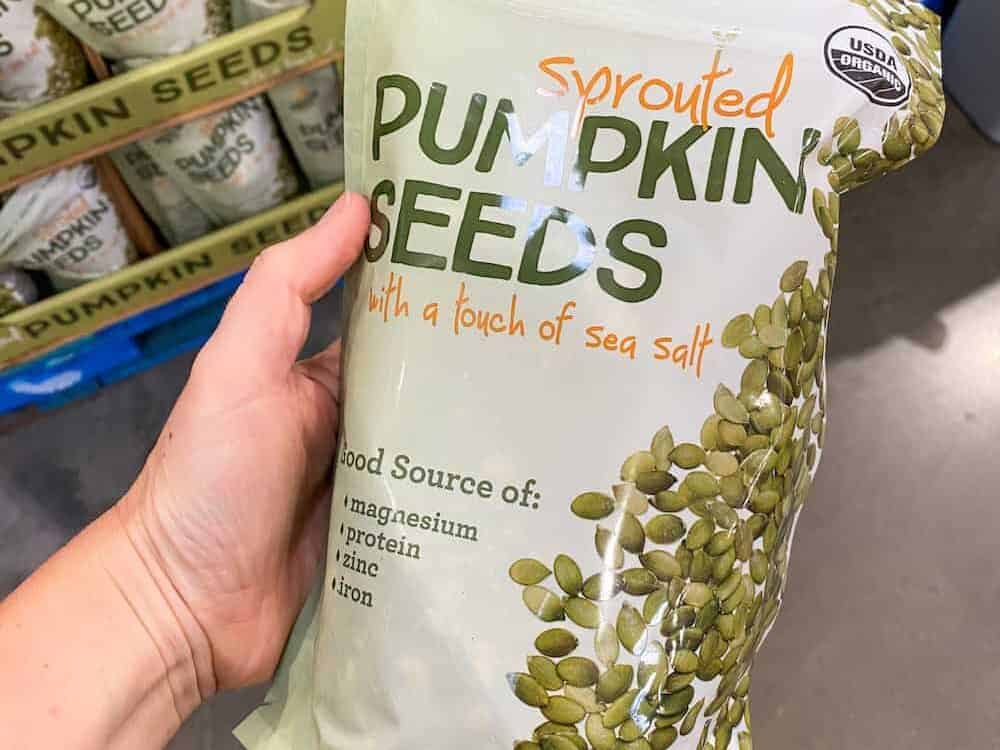12 Foods to Help Support the Winter Blues
You may have heard about seasonal depression before. With daylight savings causing the darkness to creep in earlier and earlier each day, it’s no wonder some of us start feeling down during this time of year. Seasonal depression is formally known as Seasonal Affective Disorder (SAD). This subtype of depression intensifies in specific seasons rather than year-round. People who live in colder climates with less sunlight during the fall and winter are more at risk for SAD, along with people who have other mental health conditions. Diet has a strong connection to mental health, and there may be nutrients to help lessen the effects of SAD.
Check out these 12 foods to help boost your mood!
Pumpkin Seeds
Pumpkin seeds are a delicious seed to enjoy year-round. They are a great source of protein, fiber, manganese, copper, magnesium, zinc, and phosphorus! Magnesium and zinc have important roles in neurological function.
Check out this recipe for a healthy pumpkin seed granola
Chia Seeds
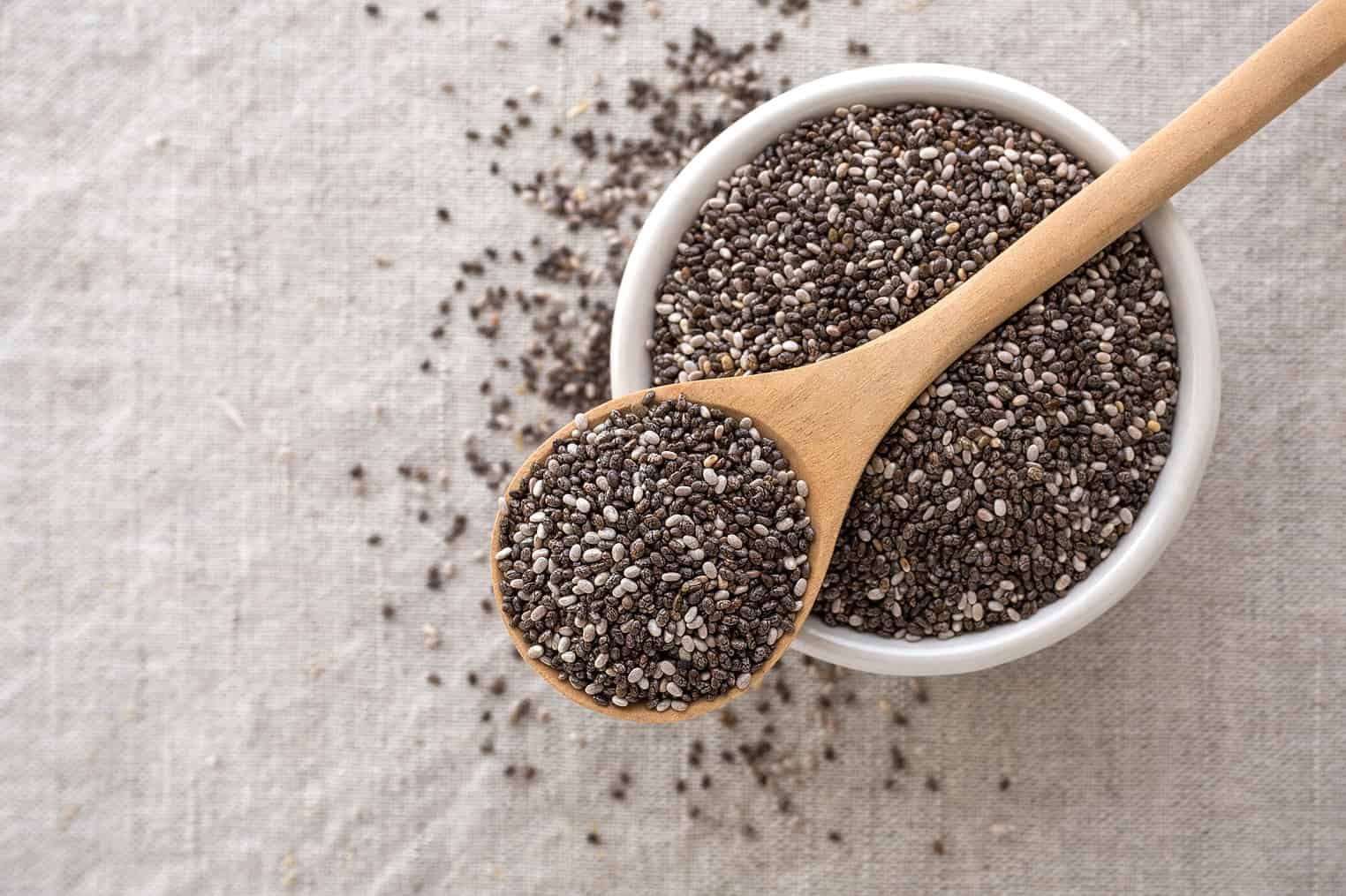
Chia seeds are an excellent source of omega-3 fats and fiber, along with magnesium and phosphorous. They help support healthy gut bacteria and provide long-lasting energy. Make sure to mix with a liquid before consuming!
Salmon
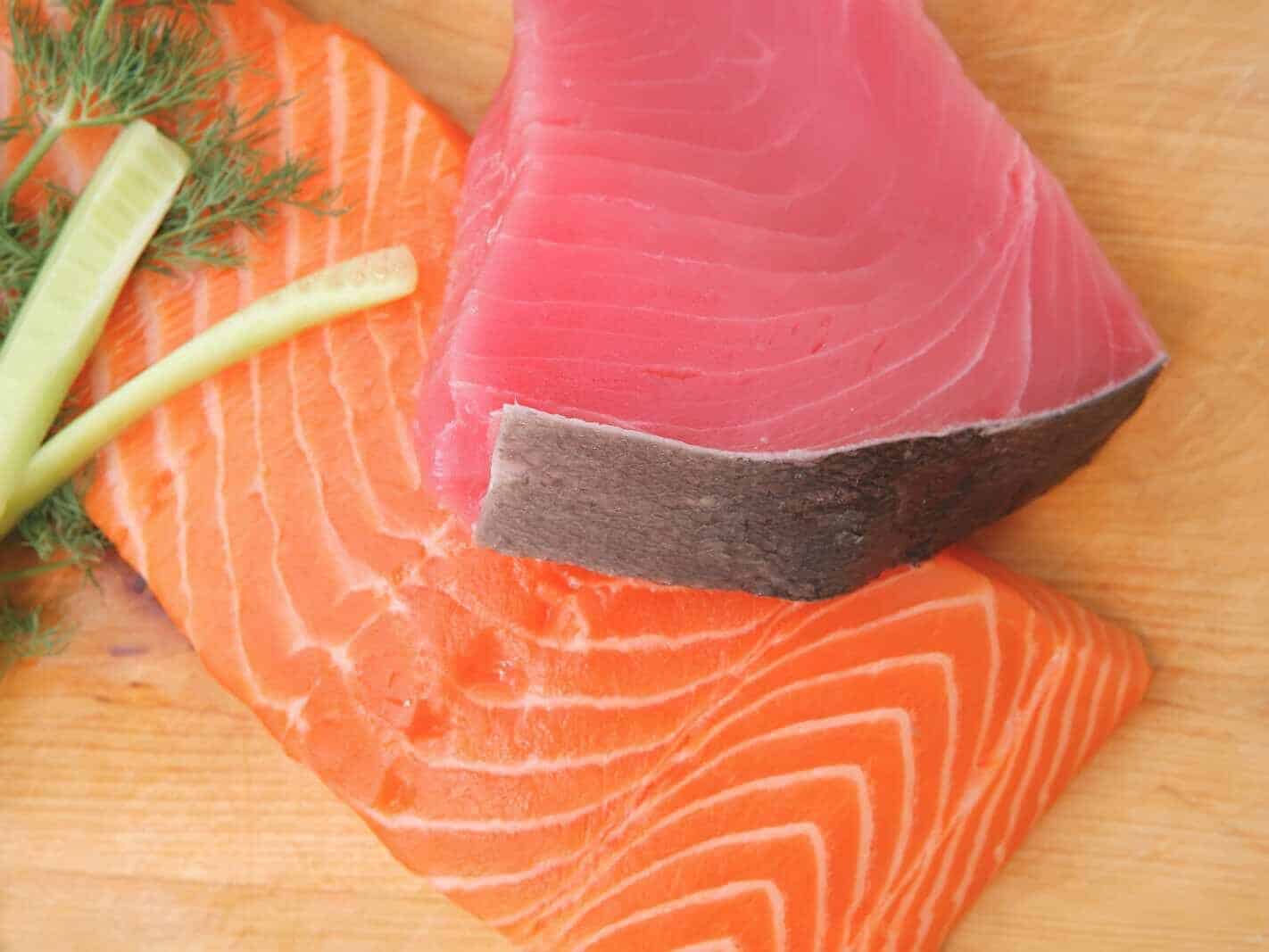
Salmon is a great source of Omega-3 fats. It is also a good source of lean protein to help keep energy levels up. Omega-3 fats are important for brain development and maintaining function.
Berries
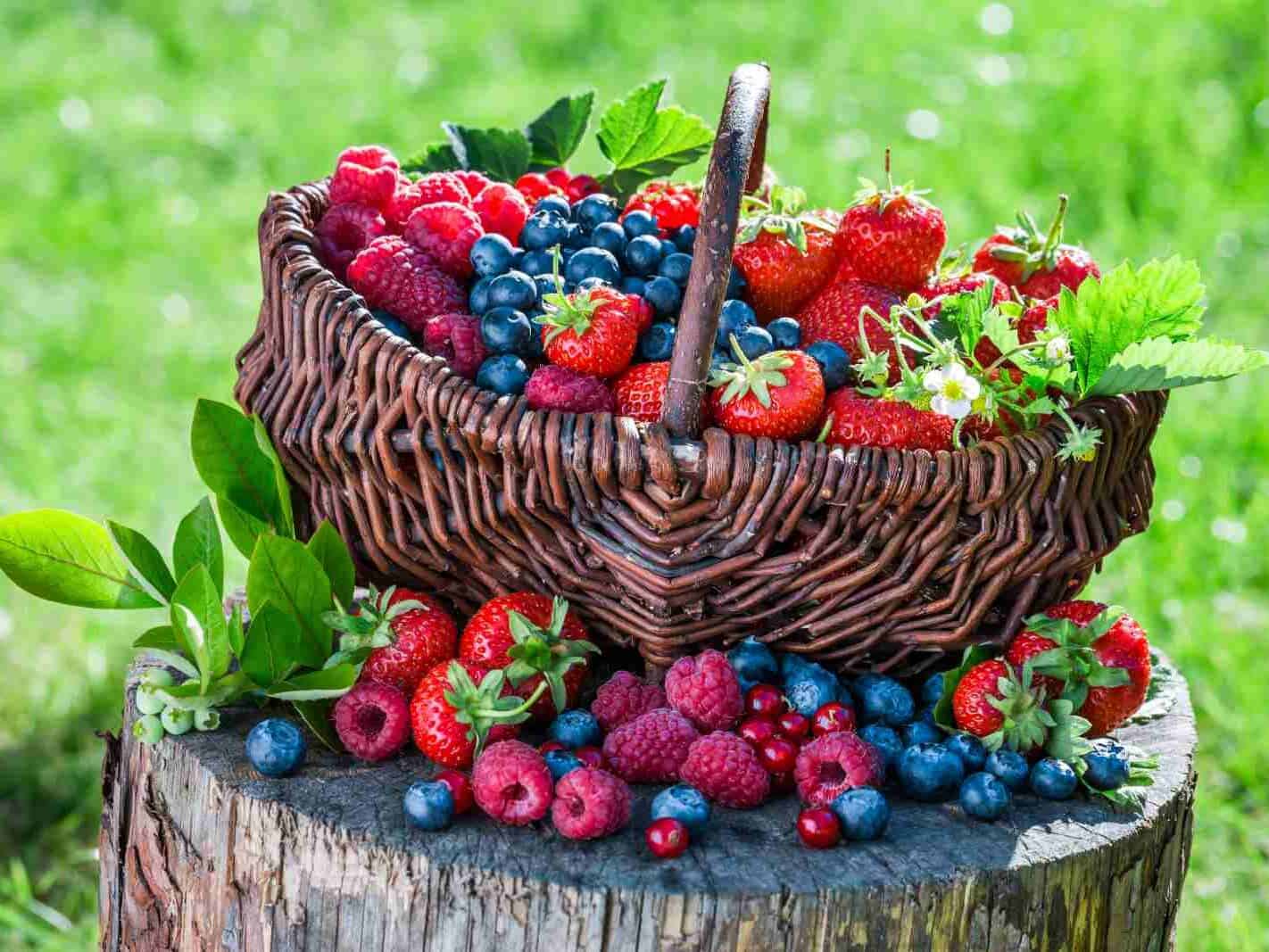
Berries like blueberries, raspberries, and blackberries are rich sources of antioxidants and fiber. Fiber helps support a healthy gut which is important for mental health, while antioxidants help fight off inflammation.
Check out this recipe for triple berry syrup to add to French toast, pancakes, yogurt parfaits, or coffee drinks.
Fortified Milk

Dairy and non-dairy milks are often fortified with Vitamin D. Vitamin D deficiency is common in those with depressive symptoms. Making sure that you get an RDA of 600 IU per day through diet and safe sun exposure may help.
Dark Chocolate

Dark chocolate with at least 70% cocoa is a good source of antioxidants! These powerful flavonoids have the ability to fight off oxidative stress and may have protective effects on the brain.
Bananas
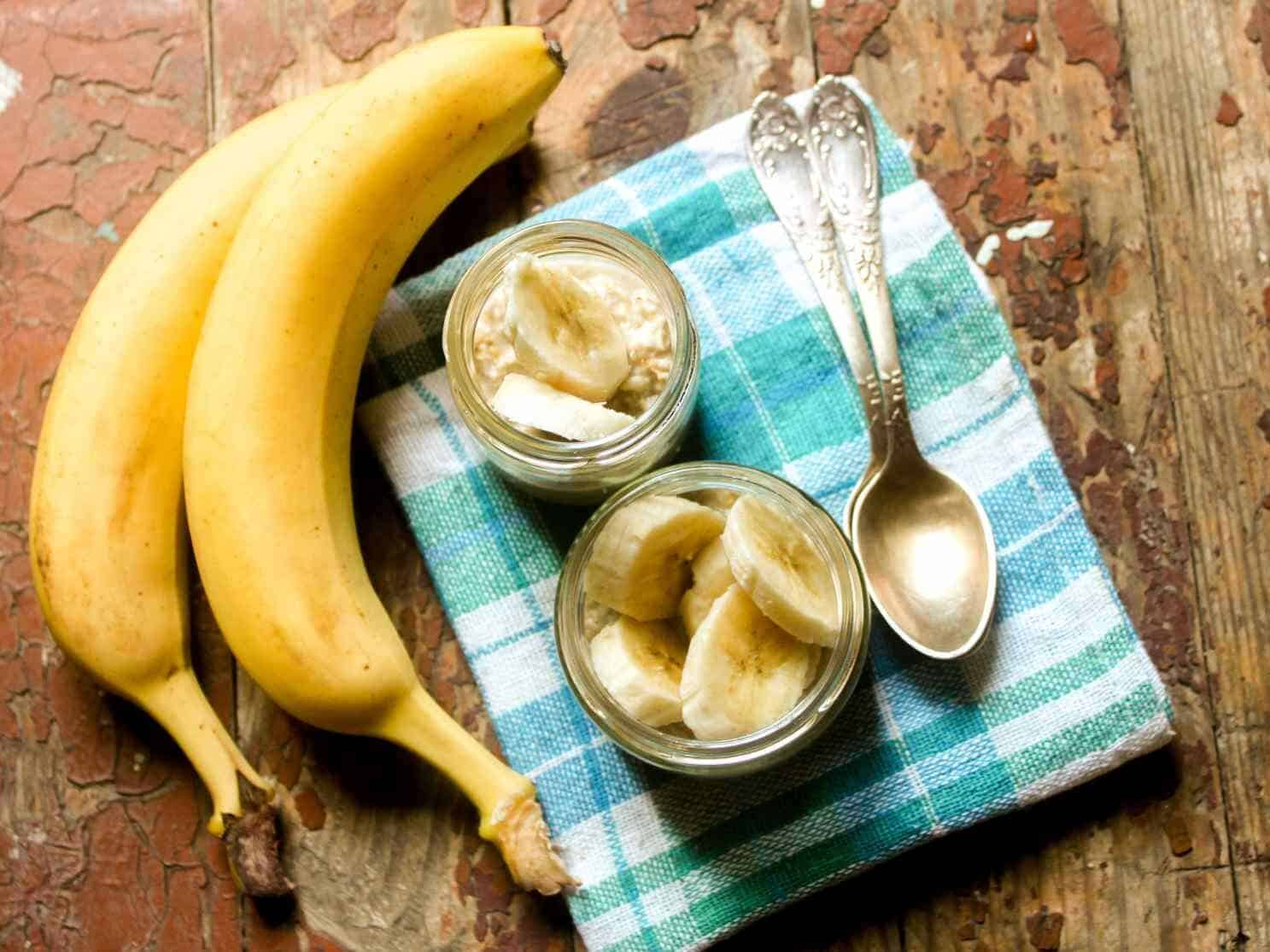
Bananas contain the amino acid tryptophan, which you might heard about when talking about Thanksgiving turkey. Tryptophan is utilized in the body for serotonin and melatonin which support mood regulation.
Brown Rice
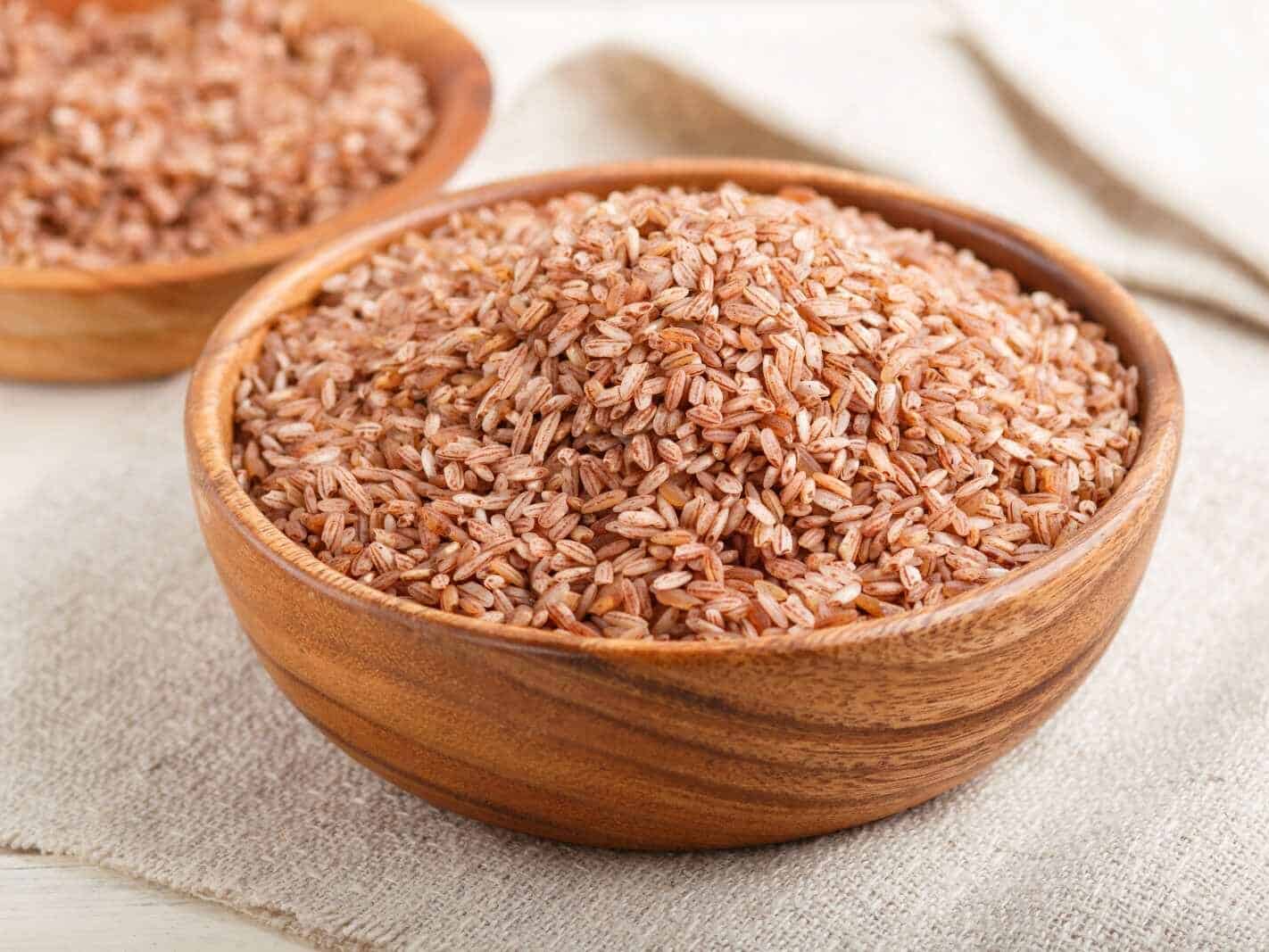
Brown rice is higher in fiber and the trace mineral selenium. Meeting recommended daily amounts of dietary selenium intake may have a role in combating depressive symptoms.
Tofu
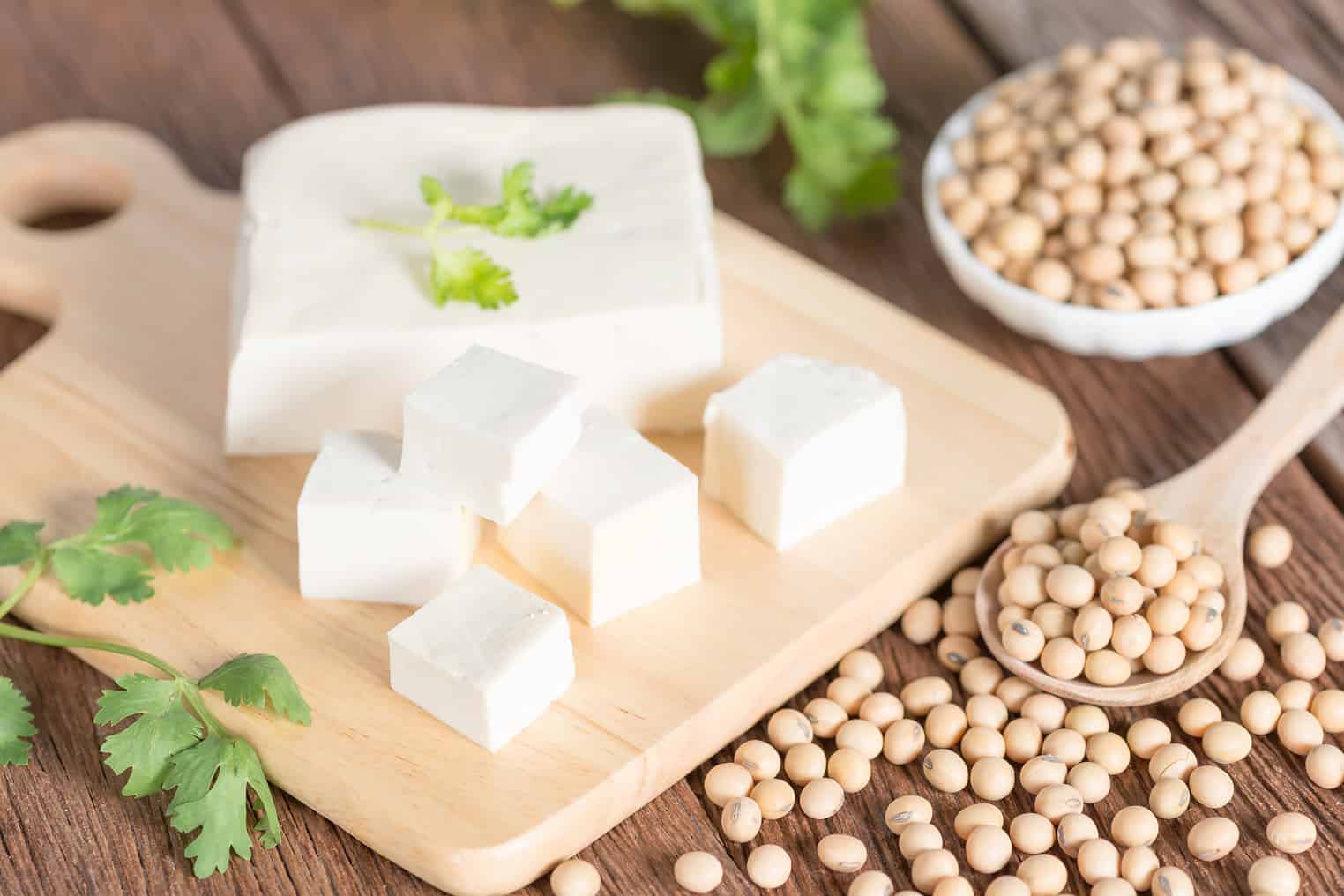
Tofu is a great source of protein and fiber. It’s also high in calcium, selenium, and zinc. Zinc and selenium may have important roles in influencing mental health.
Check out this recipe for a simple tofu scramble or this page for more tofu recipes.
Kimchi

Kimchi is fermented cabbage and is a rich source of probiotics. Getting probiotics through diet is a great way to help support a healthy gut and in turn a healthy mind.
Black Beans
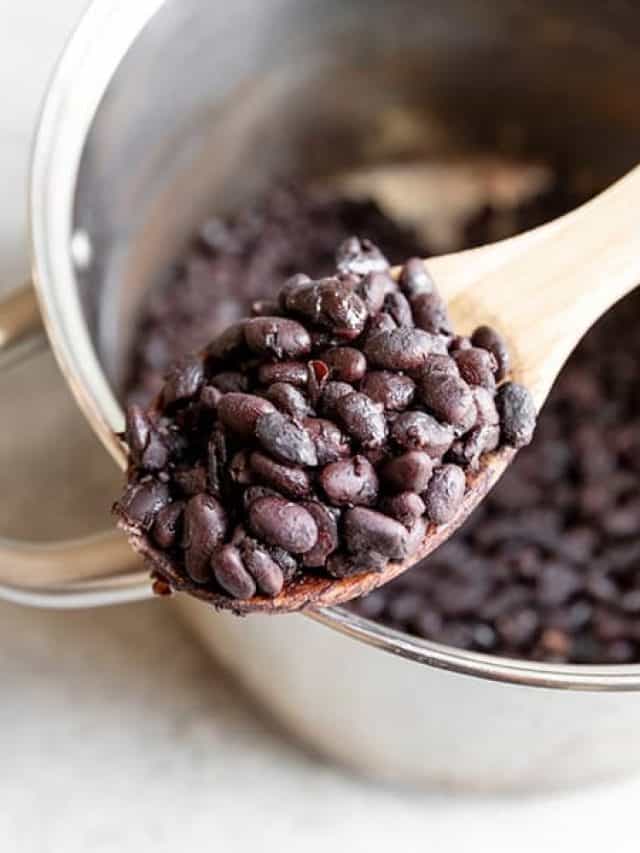
Black beans are a great source of plant-based protein and fiber. They also contain magnesium, B vitamins, and antioxidants to help support a healthy mind.
While canned black beans are easy and convenient, here’s how to cook black beans from scratch.
Swiss Chard
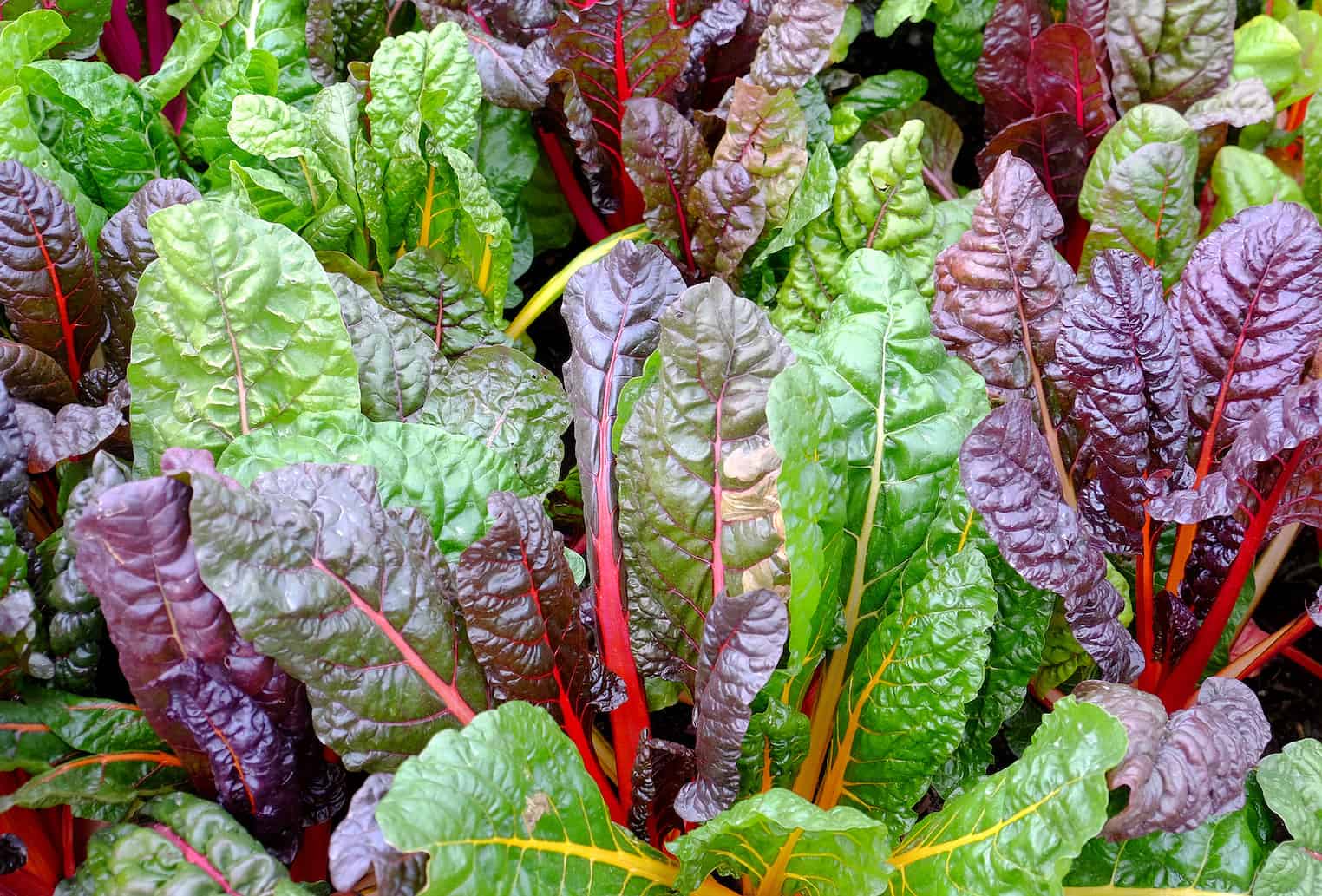
Swiss chard is a leafy green vegetable similar to kale. It is a powerhouse of nutrients including vitamins A, C, E, and K, and minerals like magnesium, copper, potassium, and iron. It can be prepared in any way that spinach or kale would be cooked in a recipe.


